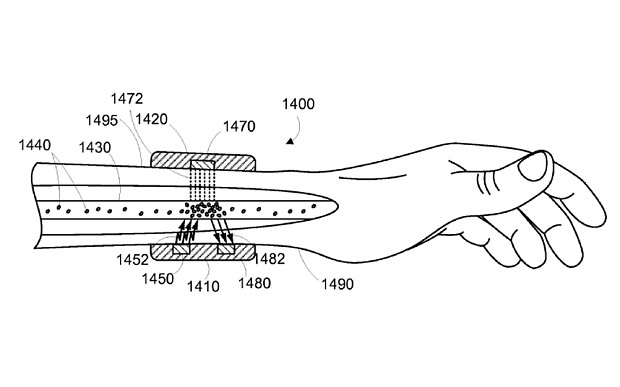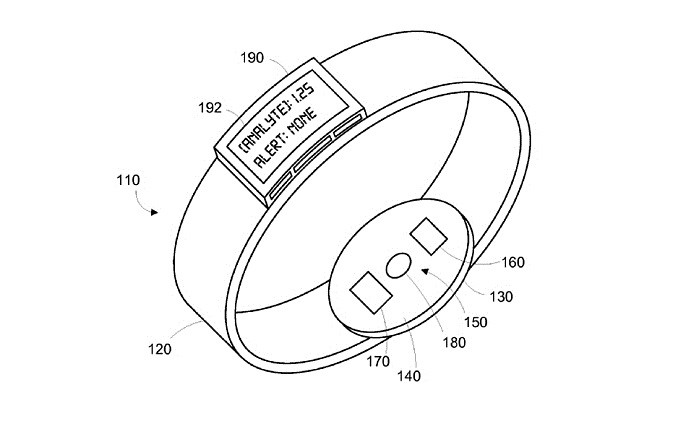Google patents Parkinson's and cancer-fighting wristband

Google has been awarded a patent for a wrist wearable that uses an "energy source" to target blood cells containing substances linked with Parkinson's or cancer.
The Nanoparticles Phoreses patent filed with the World Intellectual Property Organisation (WIPO) follows previous forays by Google into cancer research, including the development of a pill that detects cancer.
The latest wristband design would work targeting unhealthy blood cells by emitting the energy source, most likely in the form of radio-frequencies, an acoustic pulse, a magnetic field, or infrared or ultrasound signals.
The energy transmitted would then "automatically modify or destroy targets in the blood that have an adverse health effect," according to the patent.

The substances targeted could include enzymes, hormones or proteins linked to disease, which would be altered by the energy signal.
"In one relevant example, certain proteins have been implicated as a partial cause of Parkinson's disease," the patent states. "The development of Parkinson's disease may be prevented or retarded by providing particles functionalised with a bioreceptor that will selectively bind to this target.
"As a further example, the target could be cancer cells; by selectively targeting and then modifying or destroying the cancer cells. the spread of cancer may be diminished."
The patent filing follows recent news that Google executive Bill Maris claimed that scientific advances will mean that in the future humans could live to be 500-years-old.
Maris, who studied neuroscience at Middlebury College, said to Bloomberg: "If you ask me today, is it possible to live to be 500? The answer is yes."
© Copyright IBTimes 2025. All rights reserved.






















